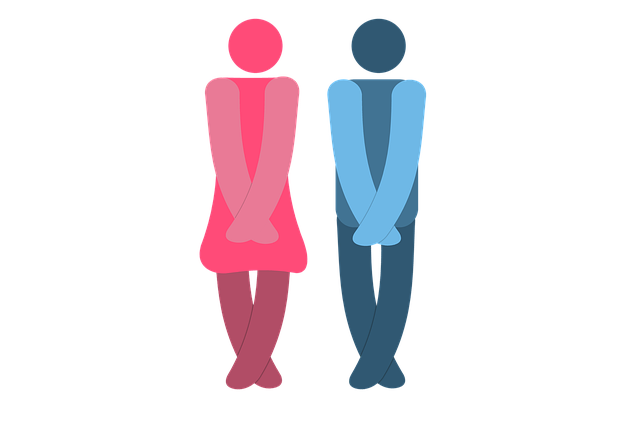Anismus is a condition that affects the ability to have a bowel movement. It can be a frustrating and embarrassing problem that impacts daily life.
Many people suffer in silence, but it’s important to break the silence and seek help. With proper diagnosis and treatment, anismus can be managed effectively, allowing individuals to reclaim their lives.
What is Anismus?
 Anismus, also known as pelvic floor dysfunction, is a condition where the muscles in the pelvic floor do not relax properly during bowel movements. This can make it difficult or impossible to have a bowel movement. Anismus can be caused by a variety of factors, including physical issues like nerve damage or psychological issues like anxiety.
Anismus, also known as pelvic floor dysfunction, is a condition where the muscles in the pelvic floor do not relax properly during bowel movements. This can make it difficult or impossible to have a bowel movement. Anismus can be caused by a variety of factors, including physical issues like nerve damage or psychological issues like anxiety.
There are two types of anismus: primary and secondary. Primary anismus is when the muscles in the pelvic floor do not relax properly from birth. Secondary anismus is when the muscles become dysfunctional later in life due to injury or trauma.
Causes of Anismus
There are several potential causes of anismus. Physical causes include pelvic floor dysfunction, nerve damage, and injury to the anal sphincter muscles. Psychological causes include anxiety, depression, and trauma. Lifestyle factors like poor diet and lack of exercise can also contribute to anismus.
Symptoms of Anismus
The most common symptom of anismus is difficulty passing stool. Individuals may also experience pain or discomfort during bowel movements, a feeling of incomplete evacuation, and excessive straining or pushing.
Diagnosing Anismus
Anismus can be diagnosed through a physical examination by a healthcare provider. Additional tests may include anorectal manometry, defecography, and colonoscopy.
Treatments for Anismus
Treatment for anismus may include pelvic floor physical therapy, biofeedback therapy, medications, or surgery depending on the severity of the condition. Pelvic floor physical therapy can help individuals learn how to relax their pelvic floor muscles during bowel movements. Biofeedback therapy uses sensors to help individuals learn how to control their pelvic floor muscles. Medications may be prescribed to help with constipation or other symptoms. Surgery may be necessary in severe cases.
Coping Strategies for Anismus
In addition to medical treatment, there are several coping strategies that can help manage anismus. Dietary changes like increasing fiber intake and staying hydrated can help regulate bowel movements. Exercise and physical activity can also help improve bowel function. Relaxation techniques like deep breathing and meditation can help reduce anxiety and stress. Support groups can provide a safe space for individuals to share their experiences and find support.
Reclaiming Your Life After Anismus
Reclaiming your life after anismus may take time, but it’s important to practice self-care and self-compassion along the way. Setting realistic goals and celebrating progress can help maintain motivation. Seeking ongoing support from healthcare providers, loved ones, or support groups can also be helpful.
Anismus is a challenging condition that can impact daily life, but it’s important to seek help and support. Remember that recovery is possible and worth pursuing.








